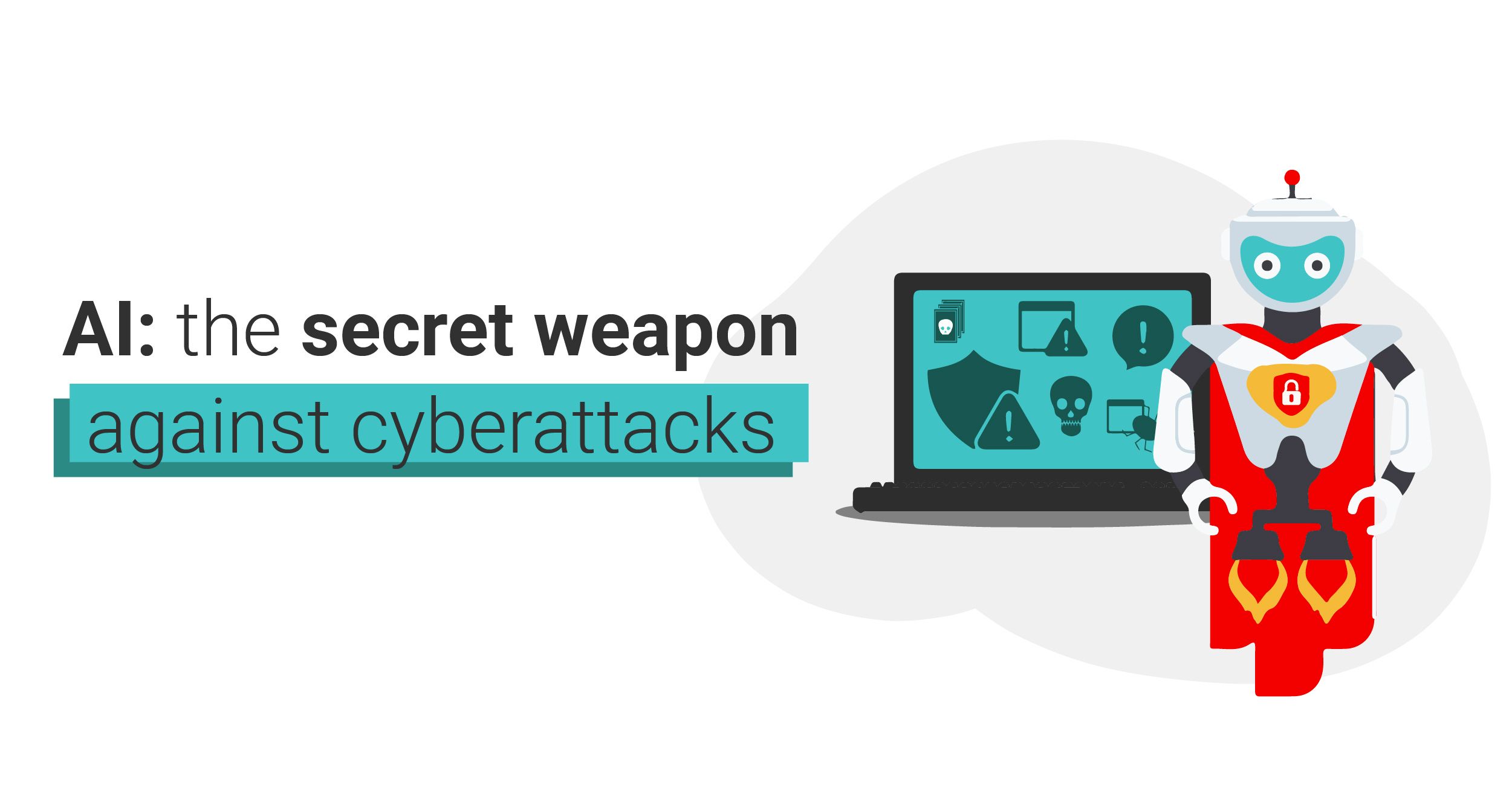
AI: the secret weapon against cyberattacks
Cyberattacks are on the rise-- they can affect any industry, and take place on a mass scale. It's no wonder the sector is set to be worth over $400 billion by 2027. Hackers have been able to improve their attacks using AI technology, the good news? We can now use this same software to prevent the attacks in the first place.
Cyber warfare is on the rise
We already know cyber warfare is on the rise, but by how much? To put it in perspective, in 2020 ransomware attacks increased by 435%, while malware attacks weren’t far behind, seeing a 358% increase. What's more? These rising numbers don’t come cheap. It’s estimated by the research firm Cybersecurity Ventures that cybercrime will cost the world $10.5 trillion every year for the next four years.
How can AI help defend us against cyberattacks?
AI software can be used to examine massive amounts of data, and later identify patterns of activity typically seen in the early stages of hacking and phishing campaigns. From this, experts can predict a hacker’s next move, which can prevent data breaches and large scale attacks from taking place in the first place.
Next to this, this AI technology can be used to simulate potential attacks, in order to determine the best solutions and improve existing security protocol. This is essentially using hacker's own weapons against them, which will become the vital aspect of defeating them in the future. It's no wonder the founder of Alpha Investor, Charles Mizrahi, expects that AI will revolutionize the cybersecurity industry.
The future of artificial intelligence in cybersecurity
Using AI as a weapon to fight hackers is still in the early stages. Given how quickly we have seen artificial intelligence already evolve, it’s very likely AI will take a leading role in cybersecurity and data protection, going forward. By analyzing data and predicting hackers next steps, we can stop them dead in their tracks. Dear hackers: the tables have officially turned.
Read the original article here.
Take a look at more top articles, trends and experts by signing up to our newsletter—By getting to choose which topics interest you the most, you get the latest news delivered with ease: https://essentials.news/cybersecurity/my-essentials